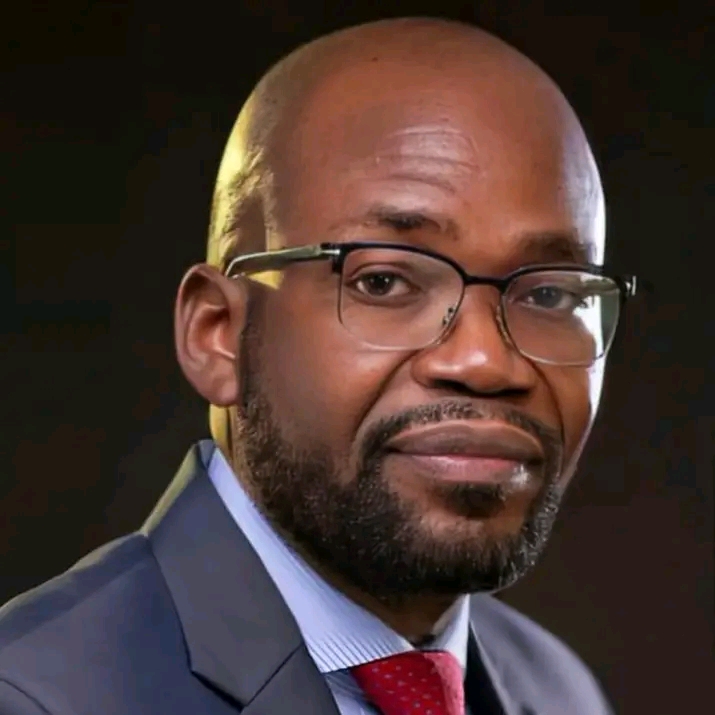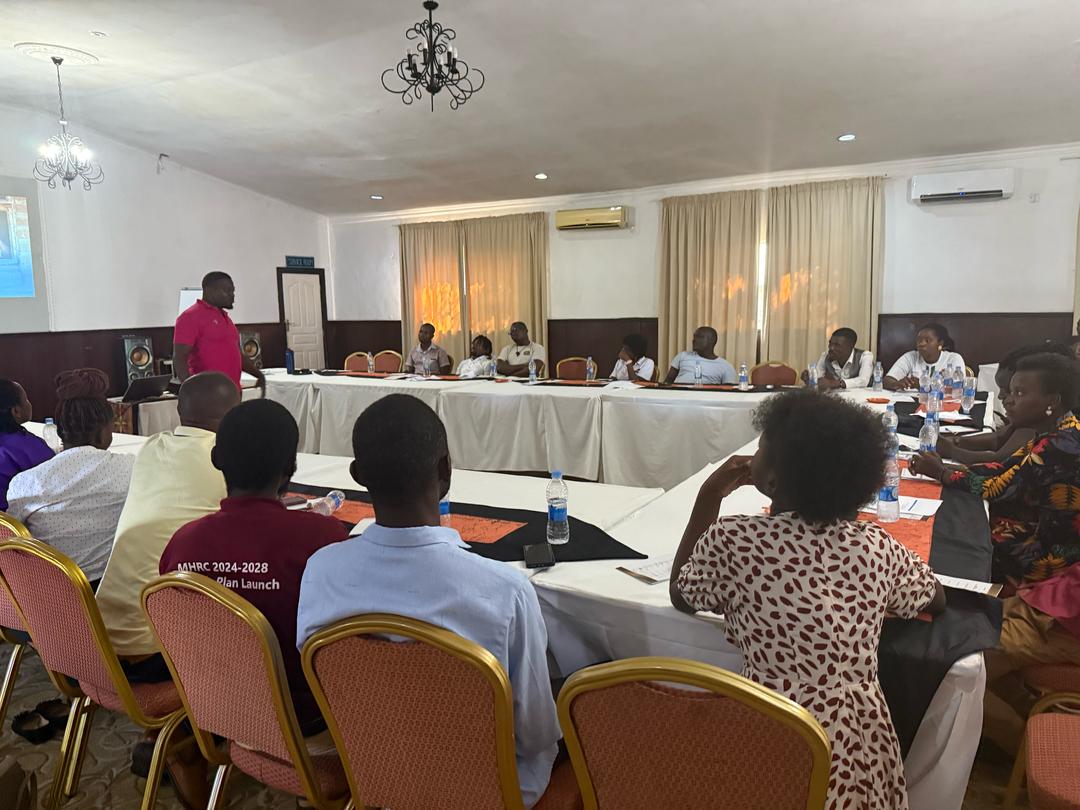By Twink Jones Gadama
In a shocking turn of events, Malawi’s Minister of Information, Moses Kunkuyu, has come under fire for his apparent disregard for the media, raising questions about his suitability for the role. The minister has consistently snubbed requests for clarification from various media outlets, including Maravipost, 247Malawi, and Malawi Freedom, leading to growing concerns about transparency and accountability in his office.
Kunkuyu’s tenure as the Minister of Information has been marked by a troubling pattern of avoidance when it comes to engaging with the press. Journalists from reputable media houses have made numerous attempts to reach out to him for comments on pressing national issues, only to be met with silence. This lack of communication has sparked outrage among media professionals and the public alike, who view the minister’s behavior as a blatant disregard for the fundamental role of the media in a democratic society.
The media’s role in informing the public and holding government officials accountable is crucial, especially in a country like Malawi, where access to information can significantly impact citizens’ understanding of governance and policy decisions. Kunkuyu’s refusal to engage with the media not only undermines this role but also raises concerns about the government’s commitment to transparency.
Critics argue that Kunkuyu’s actions are indicative of a broader trend among some government officials who view the media as adversaries rather than partners in governance. This adversarial relationship can have detrimental effects on democracy, as it stifles open dialogue and limits the public’s access to information. In a country where trust in government institutions is already fragile, Kunkuyu’s behavior only serves to exacerbate the situation.
Adding to the controversy surrounding Kunkuyu is a past incident in which he claimed to have been abducted while in Chilobwe, a suburb of Blantyre. This incident raised eyebrows and led to questions about his credibility as a spokesperson for the government. Critics argue that if a minister is willing to stage such a dramatic event, it calls into question their ability to communicate honestly and effectively with the public.
The incident not only damaged Kunkuyu’s reputation but also highlighted the importance of integrity in public office. A minister’s credibility is paramount, especially in a role that requires constant interaction with the media and the public. Kunkuyu’s past actions have left many wondering whether he is truly fit to serve as the Minister of Information.
The media’s frustration with Kunkuyu’s snubbing has reached a boiling point, with calls for accountability growing louder. Journalists have expressed their dismay at the lack of cooperation from the minister’s office, emphasizing that their inquiries are not personal attacks but rather essential questions that need to be addressed for the benefit of the public.
In a democratic society, the media serves as a watchdog, ensuring that government officials are held accountable for their actions. Kunkuyu’s refusal to engage with the press undermines this vital function and raises concerns about the government’s willingness to be transparent with its citizens. The public has a right to know what their leaders are doing, and when officials like Kunkuyu refuse to provide answers, it erodes trust in the government.
The situation has prompted calls for a reevaluation of Kunkuyu’s position as Minister of Information. Many believe that a minister who is unwilling to communicate with the media cannot effectively fulfill the responsibilities of the role. The government must prioritize transparency and accountability, and that starts with having leaders who are willing to engage with the press and the public.
As the backlash against Kunkuyu continues to grow, it remains to be seen how the government will respond. Will they take action to address the concerns raised by the media and the public, or will they allow Kunkuyu’s behavior to go unchecked? The answer to this question will have significant implications for the future of media relations in Malawi and the government’s commitment to transparency.
In conclusion, Moses Kunkuyu’s tenure as Malawi’s Minister of Information has been marred by controversy and criticism. His consistent snubbing of the media, coupled with his questionable past actions, has raised serious concerns about his suitability for the role. As the media and the public continue to call for accountability, it is imperative that the government takes these concerns seriously and prioritizes transparency in its communications. The future of democracy in Malawi depends on it.




